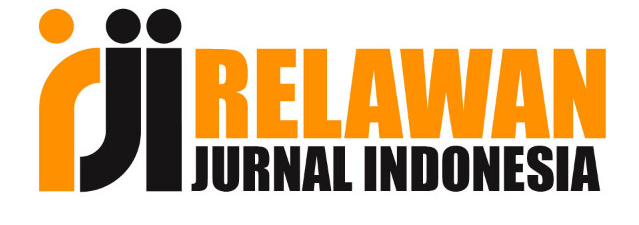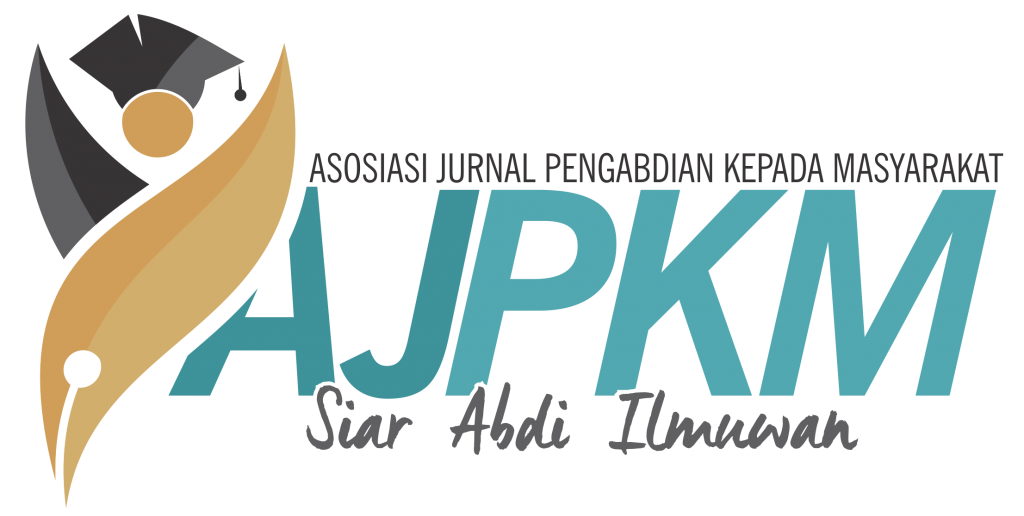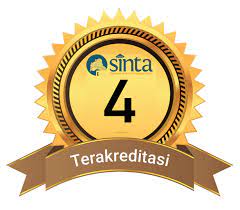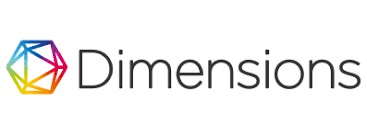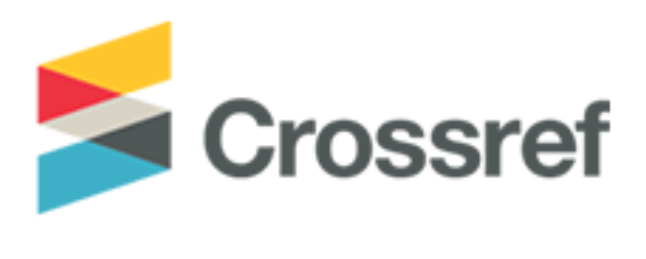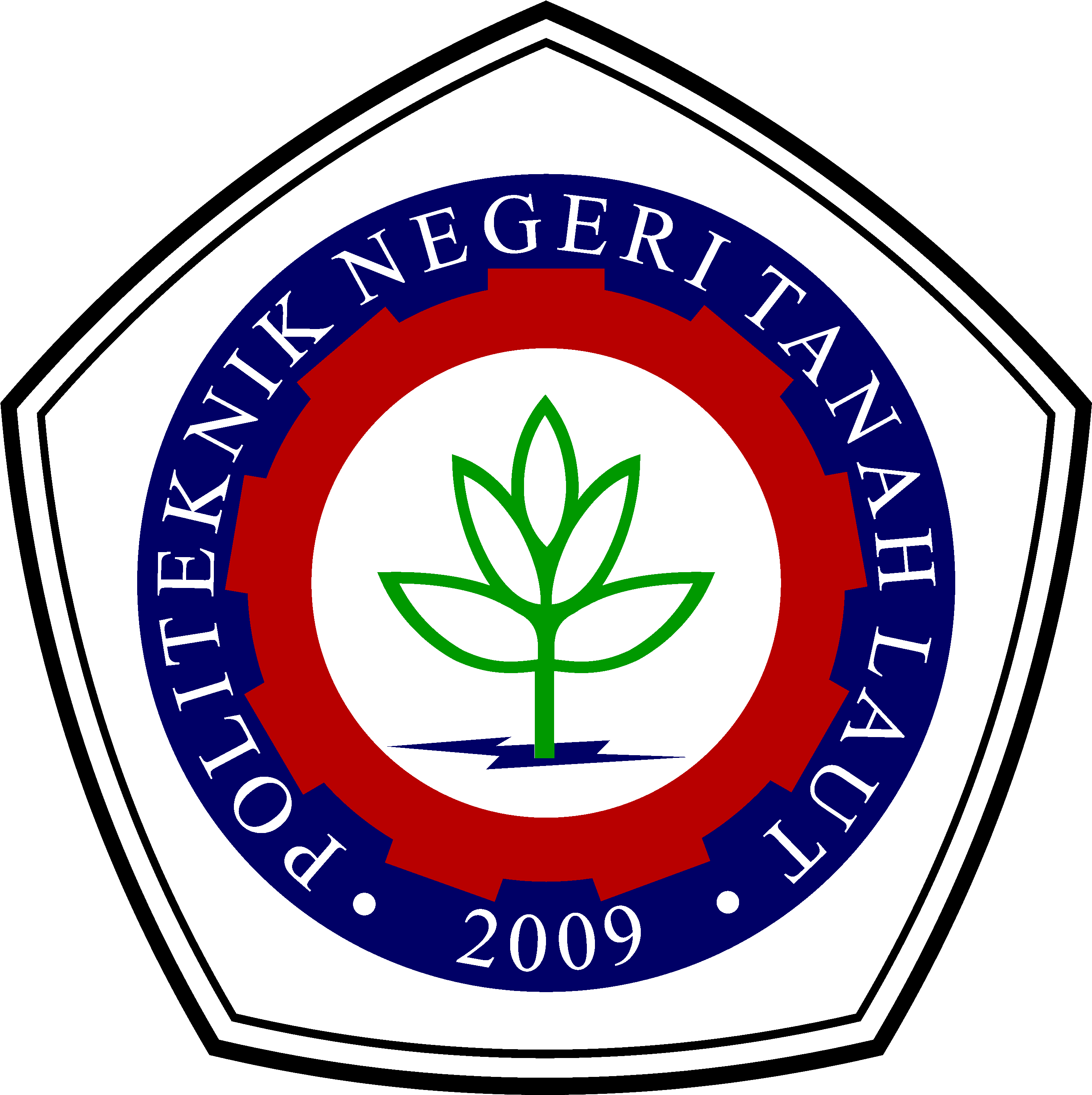About the Journal
MEDITEG Community Service Journal, with registered number p-ISSN: 2548-7655 and e-ISSN: 2614-0489 is a scientific multidisciplinary journal published by the Center for Research and Community Service Society (P3M) Politeknik Negeri Tanah Laut (Politala). At the national level that covers a lot general problems or problems related to community service. The purpose of the publication of this journal is to disseminate conceptual thoughts or ideas and research results that have been achieved in the field of community service.
MEDITEG, contains various activities in dealing with and managing various potentials, obstacles, challenges and problems that exist in society. The implementation of service activities also involves the participation of the community and partners. Service activities are organized into activities aimed at improving the welfare of the community.
Please read this guide carefully. Authors wishing to submit their manuscripts to MEDITEG's editorial offices must adhere to the writing guidelines. If the submitted manuscripts do not comply with the guidelines or are written in a different format, the manuscript will be REJECTED by the editor before further review. Editors will only accept manuscripts that meet the assigned format. In the following publication year (2019), the journal will be published twice in two periods: June and December. Starting with publication in 2020, MEDITEG is published twice a year, in June and November. Please send your manuscript. Please Download the Template HERE.
Focus and Scope
The purpose of this journal publication is to disseminate conceptual thoughts or ideas and research results that have been achieved in the field of public service. MEDITEG, especially focuses on the main problems in the development of science in the field of community service as follows:
- Assisted Villages;
- Education for Sustainable Development;
- Community Services, Community, Local Food Security;
- Training, Marketing, Appropriate Technology, Design;
- Community Empowerment, Social Access;
- Student Community Services;
- Border Areas, Less Developed Areas.

